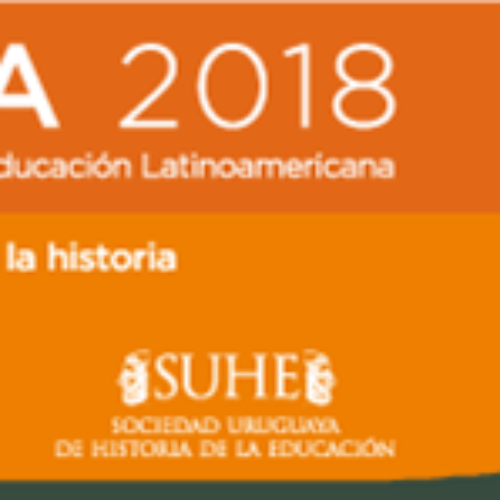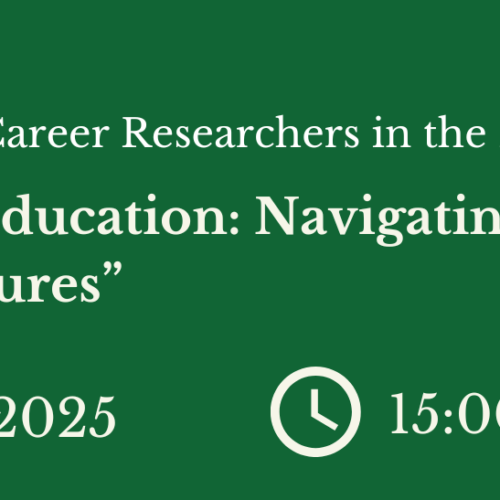Growing up in out-of-home care SWG invites submissions for ISCHE 41 conference. Deadline: Jan.31, 2019
ISCHE 41 (17 – 20 July 2019) – Porto, Portugal
Growing up in out-of-home care: Histories of children and youths in foster families and residential homes
Deadline: January 31, 2019
Convenors: Jeroen J.H. Dekker, University of Groningen (NL), Joëlle Droux, University of Geneva (CH), Els Dumortier, Vrije Universiteit Brussel (B), Aurore François, Université catholique de Louvain (B), David Niget, Université d’Angers (F)
SWG “Growing up in out-of-home care”, CFP for ISCHE 2019 Porto:
During the Porto session, we will examine the very conditions of this research: from archival, methodological and ethical points of view. Proposals for contributions are particularly welcome in the following two areas:
- The openness and accessibility of archives, to researchers but also to former “beneficiaries” of youth protection policies.
What are the conditions (legal, organisational, political, ethics, etc.) that facilitate or, on the contrary, restrict access to archives? What is the impact of recent developments on the right to privacy, the right to information and the right to the truth, and in which way those rights could collide with one another? To what extent does the accessibility of records to research or former children in care change current practices, particularly in terms of record keeping by child welfare or judicial actors?
- The conditions of archives.
Apart from institutions without any archives, the archives still available are normally full of gaps. Moreover, the information available in archives is generally generated by groups with specific interest, such as directors, professionals, the inspectorate, etc. How those archives can still give answers on researcher’s questions on children growing up in out-of-home care?
- Examining ‘growing up in out-of-home care from the point of the care-leavers
Recent historiography of childhood and youth has made actors and their agency a new research paradigm. From now on, it is no longer just a matter of questioning the history of youth policies and treatment; it has become essential to consider this history from the point of view of the care-leavers concerned, in particular by striving to “give them a voice”. This approach raises numerous ethical and methodological questions: how to analyse and restore these voices of young people in their absence and without their consent? How to recognise “authentic” voices from “institutionalised” ones? Besides, to what extent does the oral inquiry address the many gaps in or lack of archives and, if so, what particular challenges do researchers face when using the oral inquiry with adult foster children? Are there other avenues to explore, such as writing workshops, theatrical performances, or providing the public with intimate or family archives?
About author
You might also like
(CfP) III SIPSE Conference: 14-15 December 2023
The historical-educational heritage as a source of the Public History of Education. Between good practices and new perspectives. This year’s SIPSE congress moves from the desire to combine studies on
Congratulations to Kaiyi Li and Rafaela Silva Rabelo, 2019 ISCHE Early Career Conference Paper Award Winners
The committee awarded Kaiyi Li (Georg Eckert Institute for International Textbook Research – Member of the Leibniz Association, Germany) for her paper “Foreign Example to Support Policy Decisions: Chinese Education
CFP: XIII CIHELA 2018
XIII Congreso Iberoamericano de Historia de la Educación Latinoamericana Del 28 de febrero al 3 de marzo de 2018 en Montevideo, Uruguay | Entrega de resúmenes hasta el 30 de




